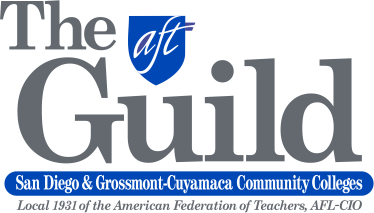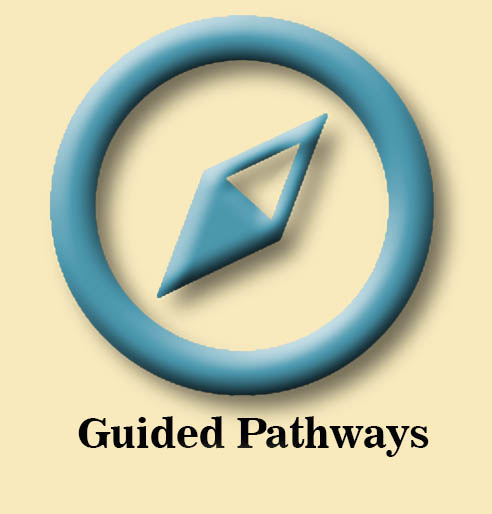On January 10th, 2022, Governor Newsom delivered welcome news to part-time faculty with a proposal of $200 million in ongoing funding specifically earmarked to provide healthcare to adjunct faculty and their families.
Presently, the statewide fund set up to support part-time healthcare provides just $490,000 per year to cover adjunct healthcare for all 72 community college districts. The Governor’s proposal represents an increase to the fund of over 40,816%.
The ongoing pandemic has created many harsh realities for community college faculty, especially for adjunct faculty. Above and beyond the two years of having to quickly adapt to online/remote formats with both limited financial and technological resources, they have had to bear the impact of sharp enrollment declines, impacting not only their income, but their healthcare coverage.
For adjuncts who qualify, AFT 1931 provides the best healthcare coverage of any community college union local in the state, with part-time faculty working over a 50% of a full-time load on an annual basis receiving full coverage, not just for themselves, but for their dependents including dental and vision.
Tragically however, with enrollment declines over the last six months, over 53 adjunct faculty have lost their healthcare coverage in the San Diego Community College District. 29 Adjuncts lost their insurance coverage in the GCCCD this past fall, with the number of adjuncts losing coverage this spring yet to be determined.
This is particularly concerning during this time of COVID, in that the average cost of a COVID hospitalization, according to several sources, runs in excess of $20,000. Add a possible uninsured family member or members to the mix, and the reality becomes even more frightening.
Part of what drove the governor’s decision are the efforts of CFT’s Legislative Committee, led by AFT 1931 President Jim Mahler, and under the guidance and support of CFT President Jeff Freitas, who has spearheaded a campaign to secure healthcare for part-time faculty. To Freitas, it’s about “efforts matching actions,” in part a reference to CFT’s 2018 passage of a resolution “to establish a permanent healthcare program for part-time faculty and their dependents.”
Another key element in CFT’s healthcare campaign, is CFT’s reactivation of a part-time faculty organizer position with the hiring of Chase Golding, previously an organizing director for the Los Angeles Faculty Guild, Local 1521, who has set up monthly meetings with adjunct activists and advocates from CFT locals throughout the state. This is part of Golding’s belief that organizing campaigns should build a power base and organizational structure that increases member participation and strengthens the union in the process.
Part of this work led to a statewide letter campaign calling for the governor to support part-time healthcare funding. Launched in December, over 1400 letters were sent to the governor’s office in just weeks, which undoubtedly had an impact.
But even with a $200 million proposal, there’s a lot of work ahead in terms of determining how the money will be dispersed to provide the best coverage to as many adjunct faculty as possible. Even before the recent downturn in enrollment, and with excellent coverage for faculty working over 50% in either the San Diego or Grossmont-Cuyamaca Community College Districts, many adjuncts, including those working over 50% of a combined load in both the San Diego and Grossmont-Cuyamaca Community College Districts, have been unable to access healthcare coverage through their district.
Another issue is simply knowing how many adjuncts need coverage, as John Govsky, Cabrillo College Federation instructor and co-chair of the CFT Part-Time Faculty Committee, stated “a survey on part-time healthcare needs to be done.”
Soon CFT will be launching a survey asking adjuncts about their individual situations regarding healthcare coverage, from whether they have coverage from a district, through a spouse, or another employer, to how their possible lack of or limited healthcare coverage is impacting their lives. This data will shape the path forward, hopefully bringing adjunct faculty to a more secure and healthy place.






0 Comments